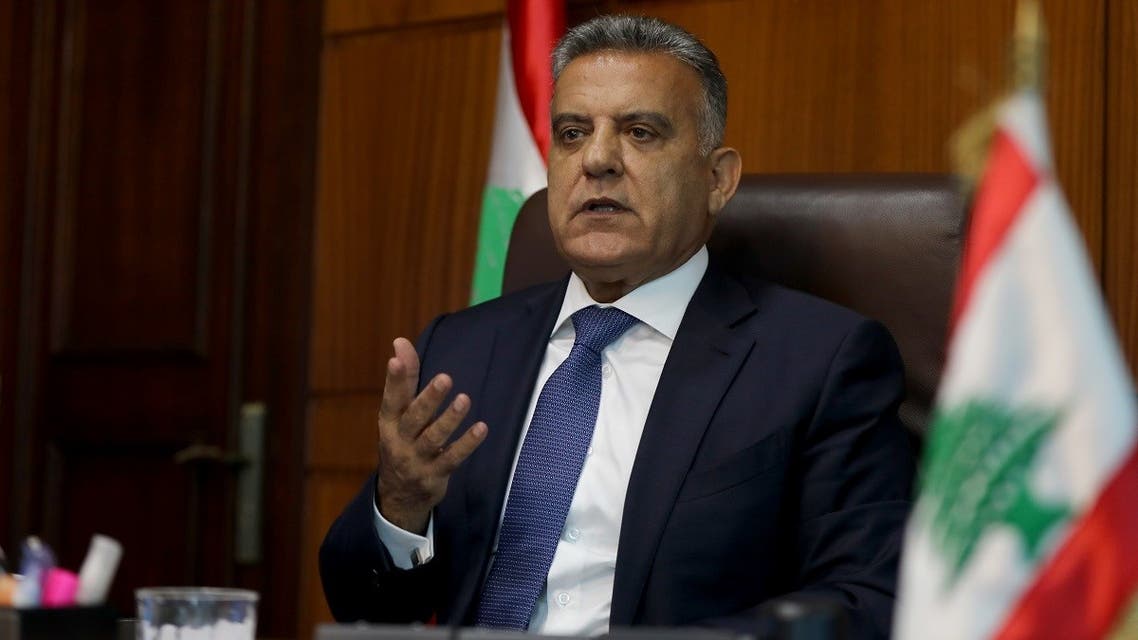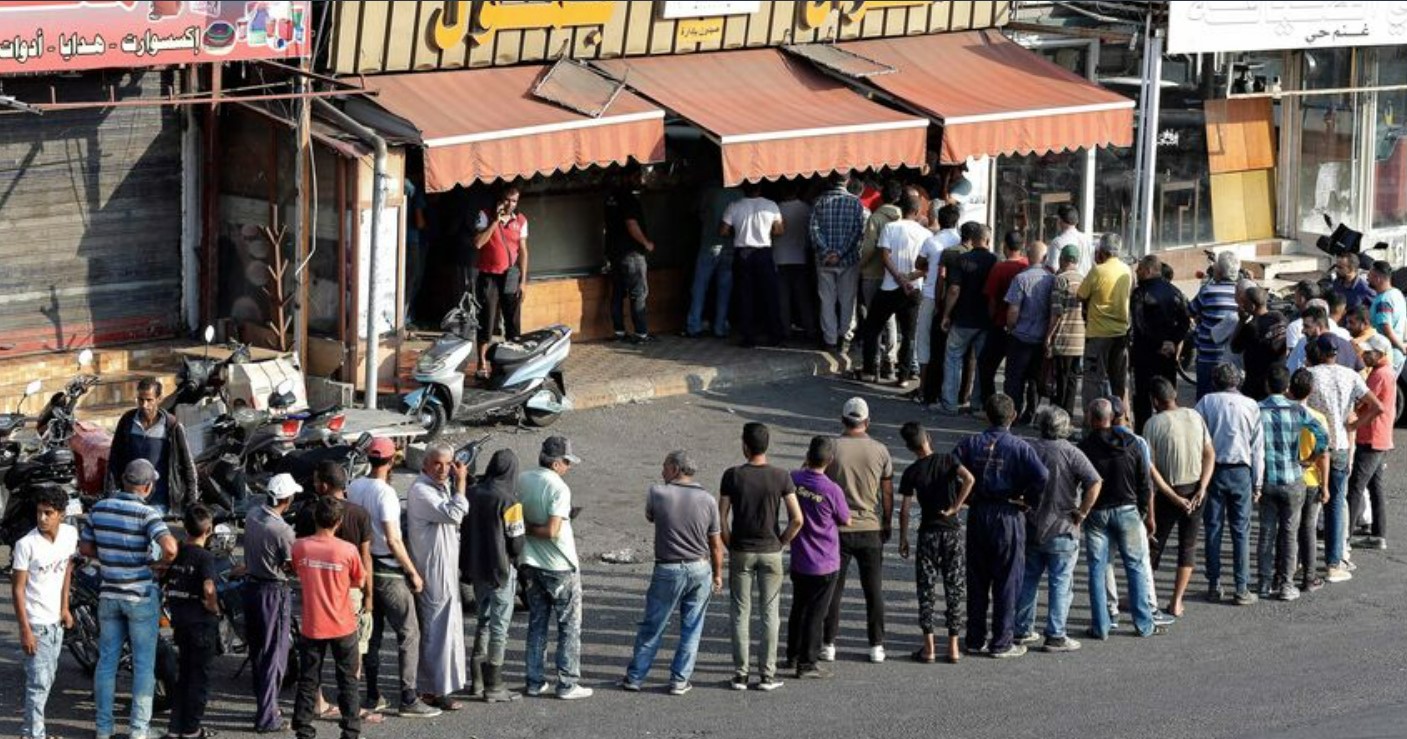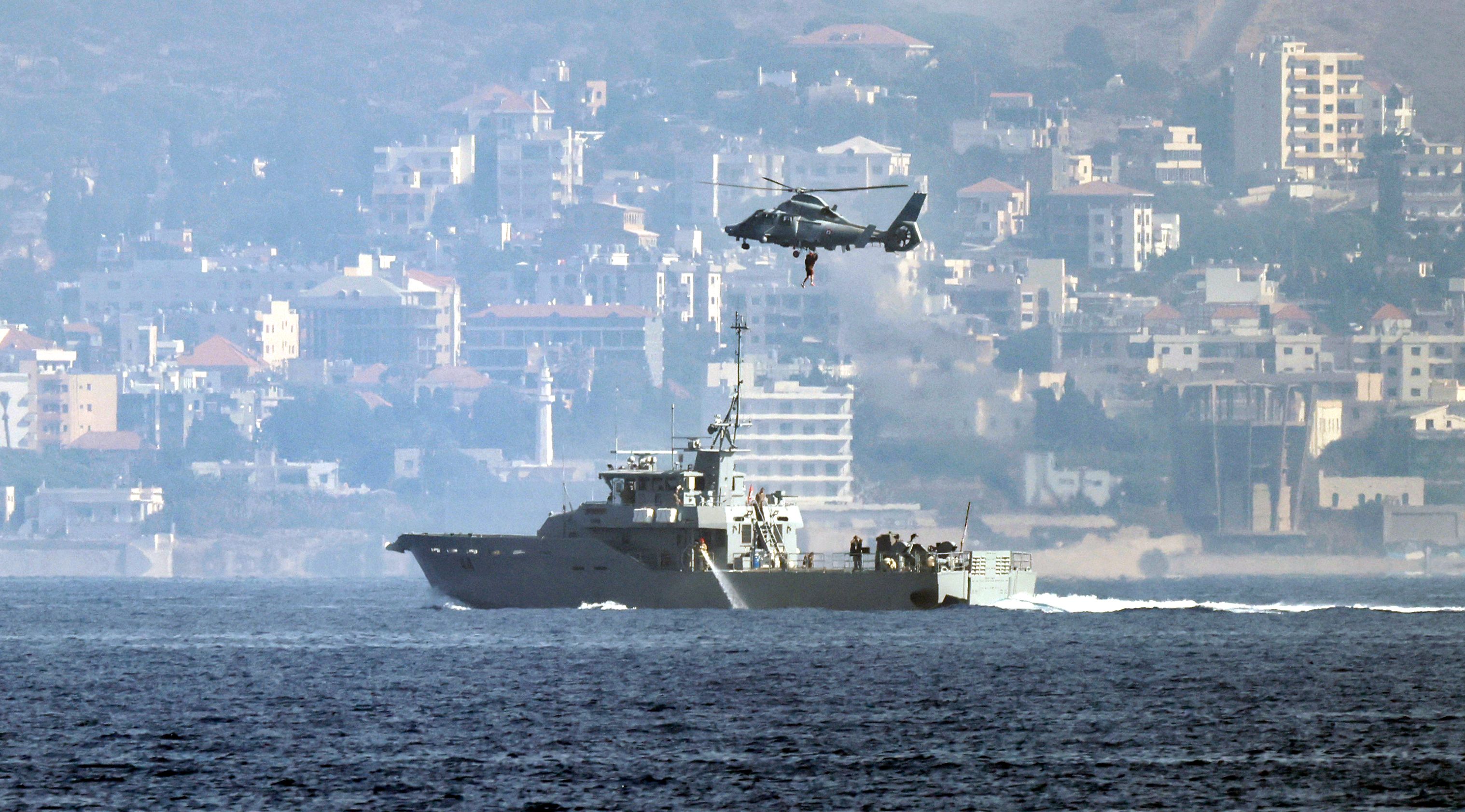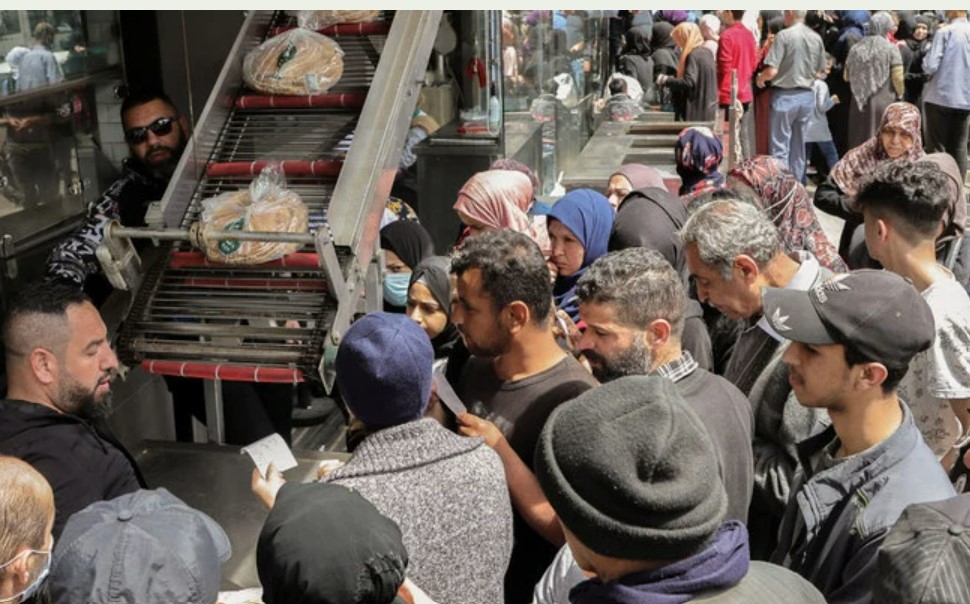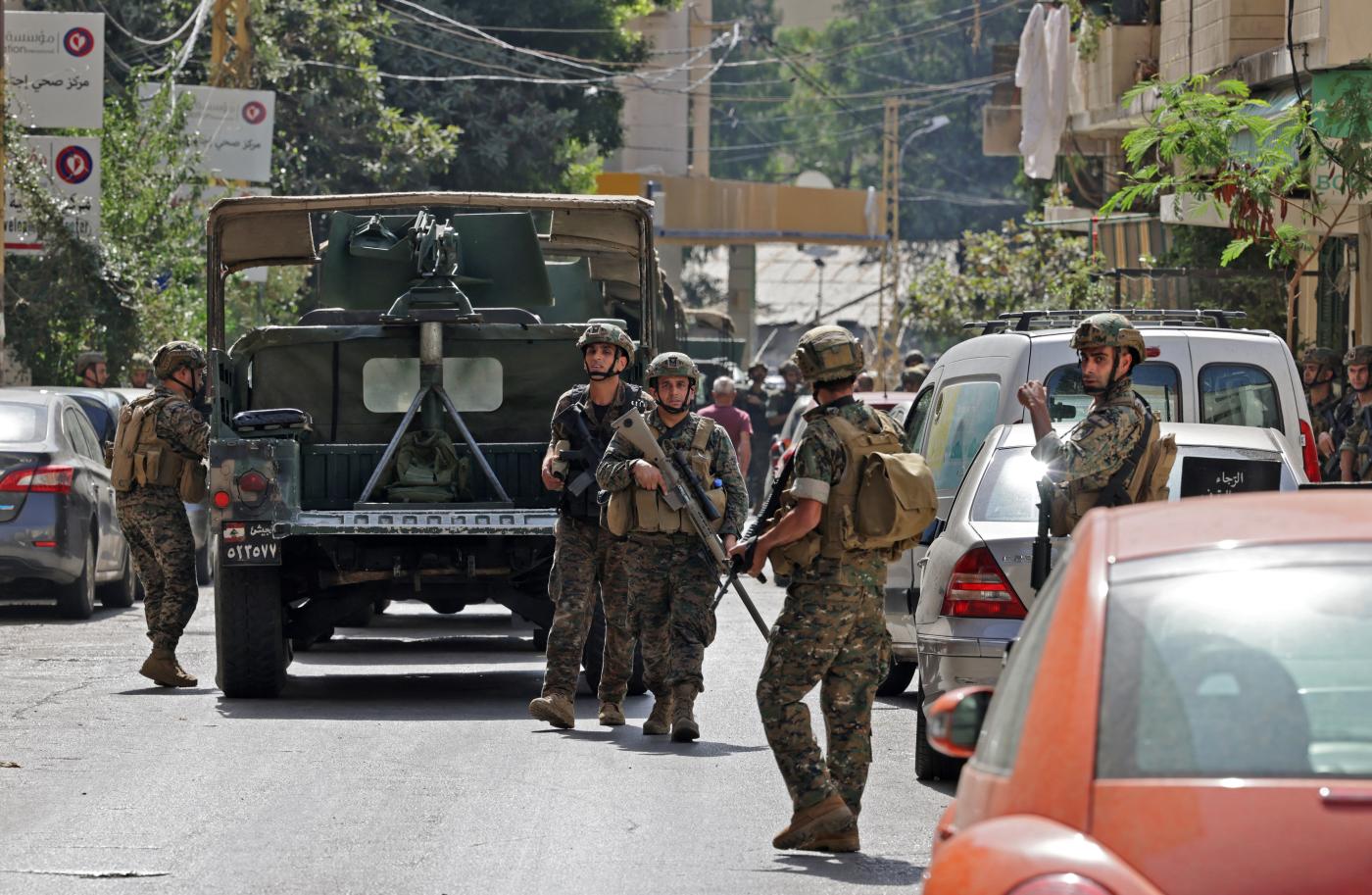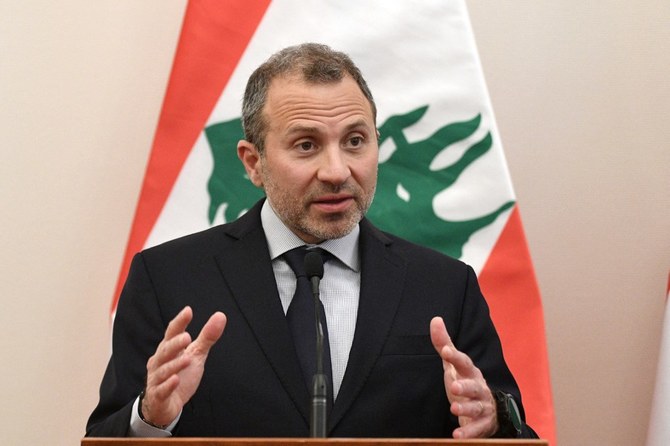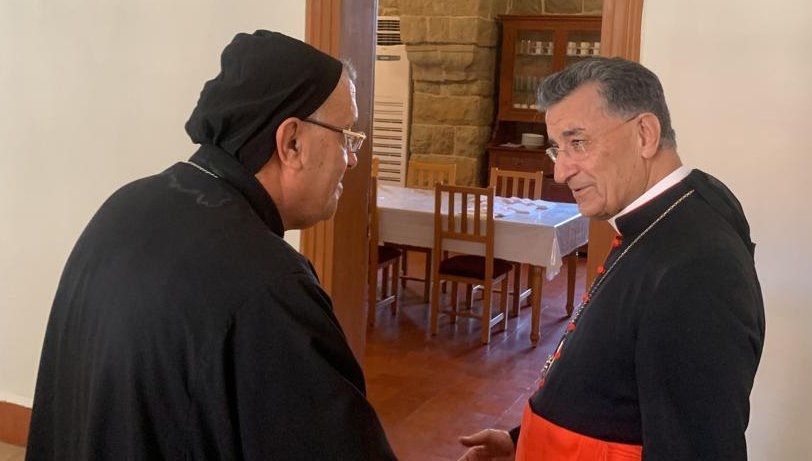
by adw.org — Three United States Cardinals, who serve as Honorary Chairs of the Religious Advisory Board for In Defense of Christians, express fraternal solidarity WASHINGTON, D.C. – Today, the three (3) U.S. Cardinals who lead the Roman Catholic Archdioceses of Washington, D.C., New York and Galveston-Houston join with their Middle Eastern counterparts in a statement of support for the Maronite Bishops and Archbishop Moussa el-Hage, O.A.M., Maronite Archbishop of the Archeparchy of Haifa and the Holy Land, and Patriarchal Exarch of Jerusalem, Palestine and Jordan. Archbishop El-Hage was recently arrested, detained and interrogated by Lebanese authorities upon returning from his Episcopal See in Haifa. Washington Cardinal Wilton Gregory, Galveston-Houston Cardinal Daniel DiNardo, and New York Cardinal Timothy Dolan currently serve as Honorary Chairs of the Religious Advisory Board for the organization, In Defense of Christians. In Defense of Christians is the nonpartisan human rights and advocacy organization advocating for a Middle East in which the rights of every person are protected and respected regardless of religious creed, and in which ancient and diverse Christian and other religious minority communities of the Middle East thrive peacefully in their native lands.
Today, the three Cardinals, as the In Defense of Christians Religious Advisory Board Honorary Chairs, issue the following statement in support of the Maronite Bishops: “We join with His Eminence Béchara Boutros Cardinal Raï, the Maronite people, and others in the international community; we stand in fraternal solidarity with Archbishop Moussa el-Hage, O.A.M., Maronite Archbishop of the Archeparchy of Haifa and the Holy Land, and Patriarchal Exarch of Jerusalem, Palestine and Jordan.
